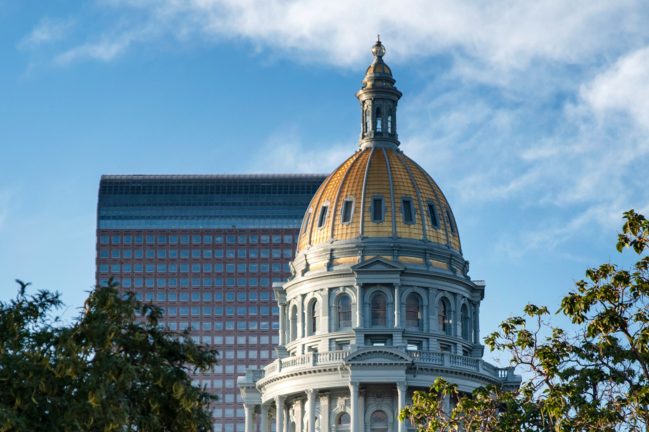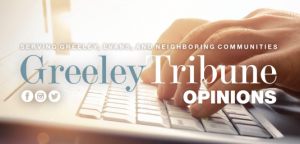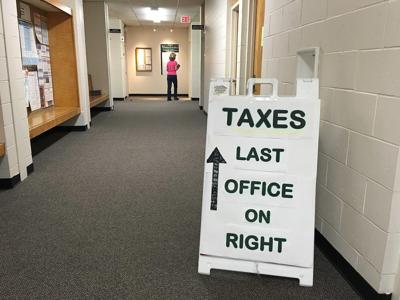Here’s the income-tax cut and refund payment Coloradans will get because the TABOR cap was exceeded
According to the state controller, the cap was exceeded in the 2020-21 fiscal year, which ended in June, by about $454 million
12:14 PM MDT on Sep 2, 2021

The Colorado State Capitol is seen on Thursday, August 19, 2021, in Denver. (Olivia Sun, The Colorado Sun)
Colorado taxpayers will get a break on their income taxes and a refund payment because the state’s cap on government growth and spending under the Taxpayer’s Bill of Rights was exceeded last fiscal year.
The income tax rate will drop to 4.5% in 2021, down from 4.55%, and individual taxpayers will get an additional sales tax refund payment, on average, of about $70. Joint filers will receive $166 on average.
“These tax cuts and refunds are a strong sign that Colorado’s economy is roaring back,” Gov. Jared Polis said in a written statement. “I’m excited that Coloradans will get another income tax cut and refund that Coloradans can put toward bouncing back from the pandemic, a night out, or groceries.” Continue reading



